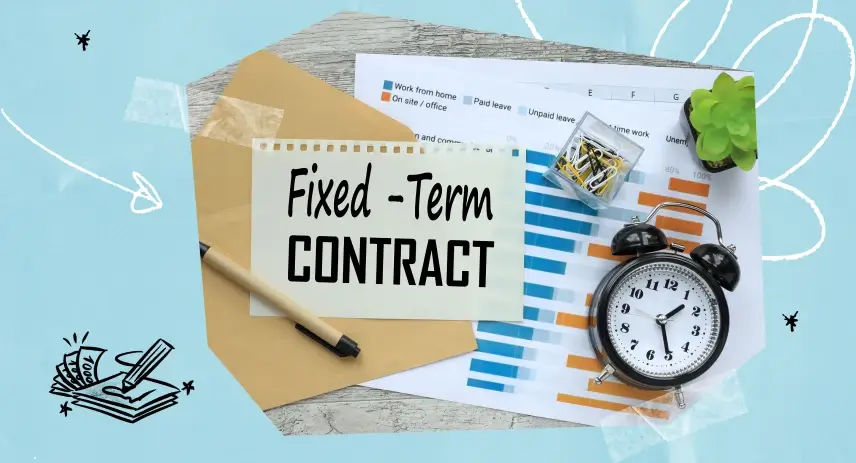Collaborative family law offers an innovative approach to resolve family conflicts. As a specialist passionate about this method, I want to share with you its many advantages. This process allows families to go through difficult periods with more serenity and efficiency. Let us dive together in the benefits of this approach which revolutionizes the management of family disputes.
A dialogue and cooperation approach
The collaborative family law is based on a fundamental principle: open and respectful communication between the parties. This method promotes a climate of confidence and mutual understanding, essential to approach sensitive subjects linked to the family.
In my practice, I found that this approach allows:
- Reduce emotional tensions
- Promote constructive exchanges
- Preserve long -term family relationships
The collaborative process encourages parties to express their needs and concerns in a reassuring setting. This transparency facilitates the search for creative and tailor -made solutions, adapted to each single family situation.
An environment conducive to amicable resolution
One of the major assets of collaborative law is the creation of a neutral and benevolent space for dialogue. The sessions take place outside the traditional judicial framework, which allows participants to feel more comfortable to speak freely.
I have seen families transforming conflicts apparently insoluble into growth and mutual understanding opportunities thanks to this approach. Collaborative law offers common ground where everyone can be heard and respected.
A multidisciplinary team at the service of families
The collaborative process calls on a team of various professionals to support families. This holistic approach makes it possible to approach the issues from different angles:
| Professional | Role |
|---|---|
| Collaborative lawyer | Legal advice and negotiation |
| Psychologist | Emotional support and communication |
| Family mediator | Facilitation of dialogue |
| Expert Financier | Financial analysis and advice |
This synergy between experts makes it possible to approach the legal, emotional and practical aspects of family disputes in a global and effective way.
Personalized and sustainable solutions
One of Advantages of collaborative family law that I particularly appreciate is its ability to produce tailor -made agreements. Unlike sometimes rigid judicial decisions, the collaborative process makes it possible to develop solutions adapted to the specific needs of each family.
This flexibility is reflected in:
- More creative and innovative arrangements
- Better taking into account the interests of all family members
- Agreements more likely to be respected in the long term
I saw parents developing original guard plans that adapted perfectly to their complex jobs, or couples find fair solutions for sharing their heritage, taking into account their respective life projects.
Protection of children’s interests
In business involving children, collaborative law systematically places their well-being at the center of discussions. This approach allows:
- Minimize the emotional impact of conflict on children
- Develop parental plans that meet the evolutionary needs of children
- Maintain positive communication between parents, essential for the harmonious development of children
As a committed professional, I am always moved to see parents put aside their disputes to focus on the happiness of their children. Collaborative law offers an ideal framework to achieve this.
Confidentiality and control of the process
Another major advantage of collaborative law is the confidentiality it guarantees. Unlike often public legal proceedings, discussions take place within a private framework. This allows families to:
- Preserve their privacy
- Approach sensitive subjects without fear of external judgment
- Maintain control over the process and outcome of the process
This confidentiality is particularly appreciated in cases of divorce or separation, where discretion is often essential for the parties involved.

An effective and economical alternative
Collaborative law is also distinguished by its efficiency and its advantageous cost-benefit ratio. By avoiding long legal proceedings, this approach allows:
- Considerably reduce conflict resolution times
- Reduce financial costs linked to family disputes
- Limit the stress and emotional exhaustion of the games
I accompanied families who managed to resolve complex conflicts in a few months thanks to the collaborative process, where legal proceedings could have extended over several years.
An investment for the future
Although collaborative law requires an initial investment in time and energy, it is an investment for the future. Communication skills and conflict resolution acquired during the process are precious to manage future family interactions.
As a passionate professional, I am convinced that collaborative law represents the future of resolution of family conflicts. It offers a human approach, respectful and effective in going through difficult periods while preserving essential family ties.
Do not hesitate to explore this option if you are faced with a family dispute. Collaborative law may well be the key to transforming a conflict into an opportunity for growth and family harmony.
latest posts published

Can your employer refuse it?

Fixed-Term Contract: What Does the Law Say About Its Applications?

What to do in the event of unpaid salary: your rights

How to properly prepare a succession: guide and practical advice

Lawyer specializing in consumer law: protect your rights

Advantages of furnished rental: simplicity and flexibility

Tips for choosing your lawyer: Practical guide and tricks

How to contest an effectively dismissal: practical guide

Deadline to recover a rental deposit: what to know


